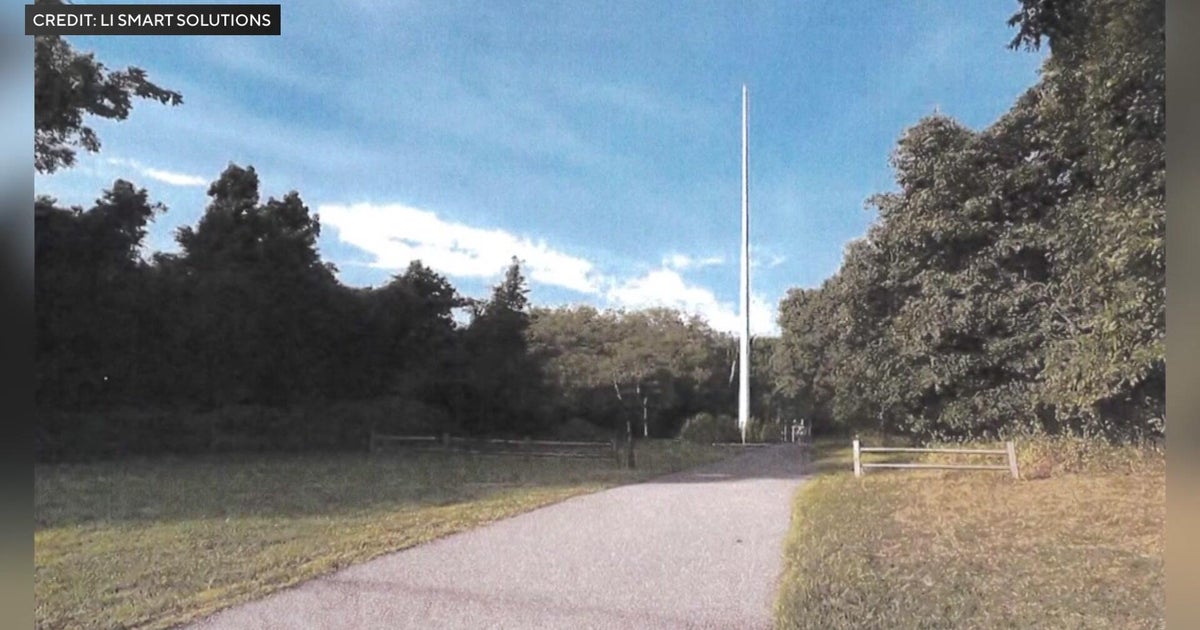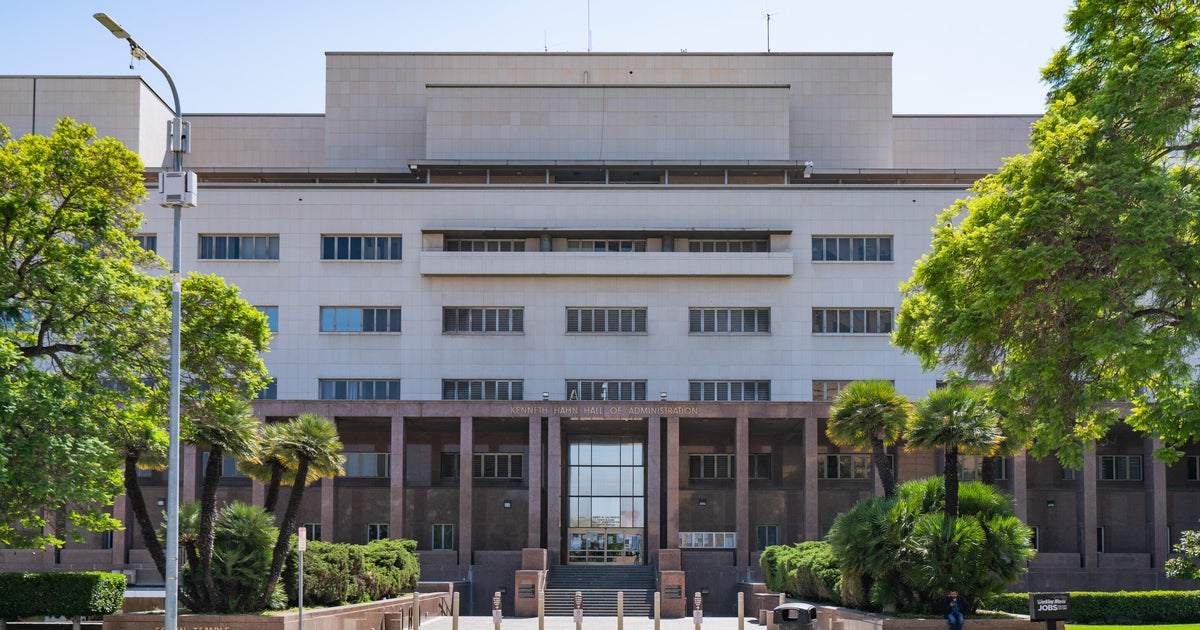ACLU Opposes Cell Phone Tracking Information Bill
ANNAPOLIS, Md. (AP) -- The Maryland House Judiciary Committee is considering a bill that would allow law enforcement officials to obtain location records from mobile devices without a search warrant.
Opponents of the legislation said during a House Judiciary Committee hearing on Tuesday that House Bill 377 lowers the standard of probable cause law enforcement officials must meet before obtaining cell phone tracking information. But supporters say the proposed legislation will provide a uniform standard across the state for obtaining real-time location information of an individual involved in an investigation.
In 2012, the U.S. Supreme Court ruled that law enforcement must obtain a search warrant before using GPS technology to track criminal suspects. While the ruling did not impose a warrant requirement or a probable cause standard for obtaining real-time location records, both practices became commonplace in several of the state jurisdictions, including the city of Baltimore, for obtaining real-time location information records.
Cell phones register their positions with cell towers dozens of times a day, and mobile carriers are retaining location data on their customers.
A comprehensive log of person's whereabouts over time can deny a resident of their Fourth Amendment right to privacy, opponents of the bill said during the hearing.
"The ACLU of Maryland opposes HB377," said Sara Love, public policy director for the organization. "Regardless of this probable cause language that has been put in, the standard is really a much lower one."
But law enforcement officials applaud the bill, saying it is not overly intrusive and that it could aid police in tracking the whereabouts of an abducted child or missing person.
"We are not going on to property or attaching a device to a car, we are getting records from a third party service provider," said Kim Oldham, deputy state's attorney for Howard County.
(Copyright 2013 by The Associated Press. All Rights Reserved.)







